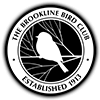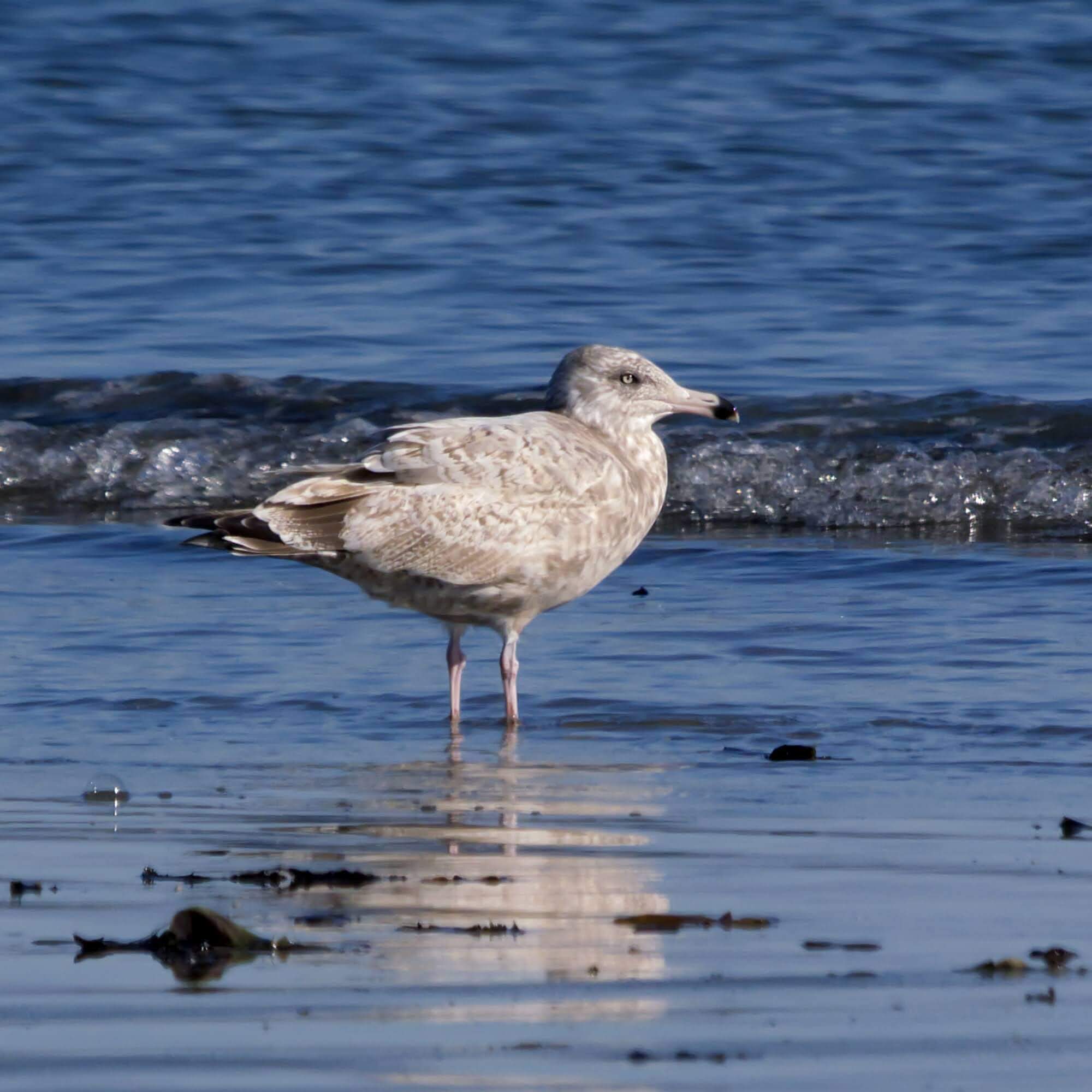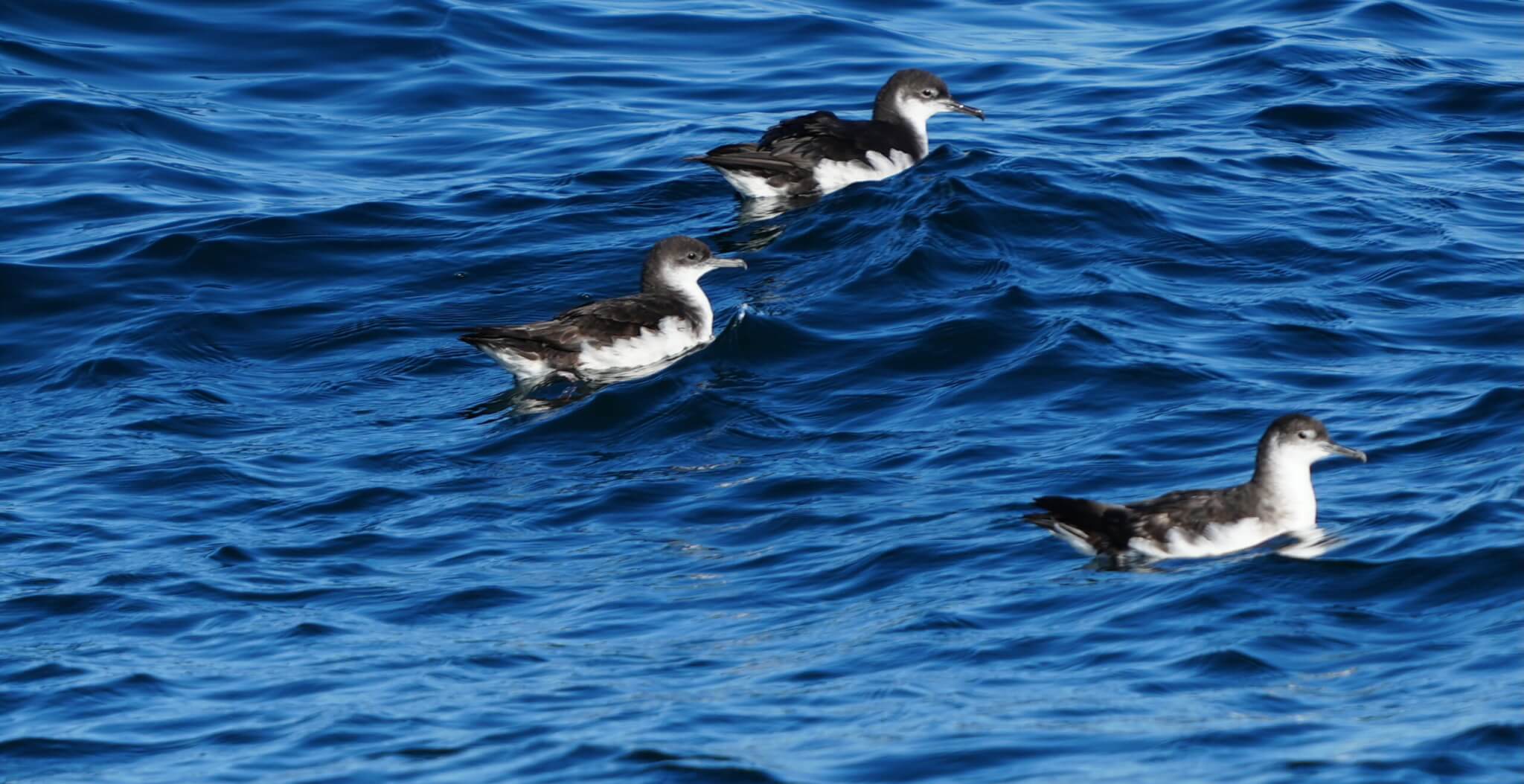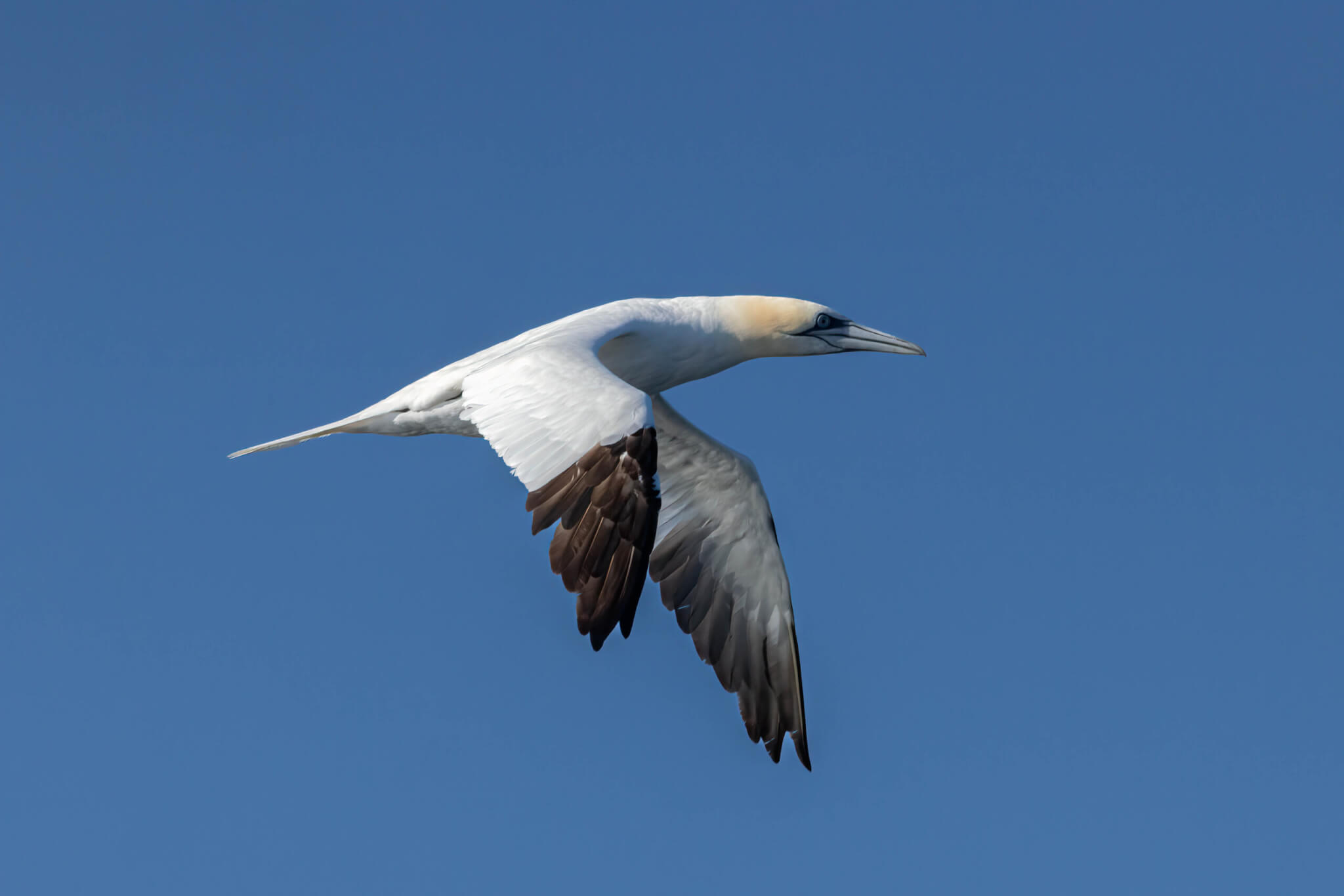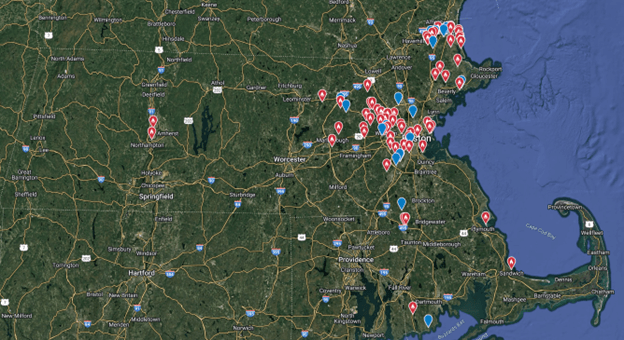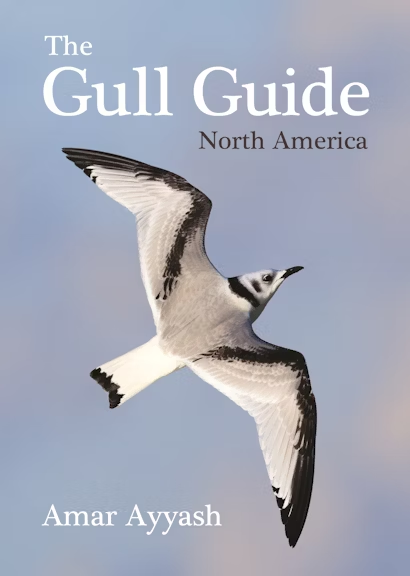Federal Bird Banding Lab Needs Support Now
Find contact information for your senators and representative.
The following is from a letter from author Scott Weidensaul received on May 22:
As some of you may be aware, there are reports that the federal Bird Banding Lab, which runs the entire U.S. bird banding program, has been slated by DOGE for elimination as soon as this week, along with the rest of the vital Ecosystems Mission Area at USGS. The U.S. Geological Survey Ecosystems Mission Area is responsible for many of the programs that serve millions of birders, hunters, anglers, gardeners, biologists, ecologists, and wildlife enthusiasts around the country–and importantly, the wildlife we treasure.
The consequences of such a move on birds and bird conservation would be incalculable. The BBL is the only source for bands and the federal permits that allow us to do the work we do; the loss of the banding lab would mean, frankly, an end to nearly 30 years of Northern Saw-whet Owl research. But the ramifications go far beyond one species of small owl. Without it, we will lose the backbone of environmental and ecological monitoring in the United States. This includes research that enables states to set hunting seasons, allows conservationists to understand and respond to declines in birds, bees and other wildlife, and tracks dangerous wildlife diseases and environmental pollutants that impact people and biodiversity. For example, most of the birds banded in North America are waterfowl, and banding and band return data are central to properly managing our waterfowl populations by setting scientifically defensible hunting seasons and bag limits. No data, and wildlife managers are working half-blind.
A serious concern is that defenders of the BBL manage to salvage the waterfowl management aspects of its work, but that the nongame banding and research is done away with. This has cross-border consequences since the BBL single-sources all the bird bands used in North America, so nongame banding in Canada overseen by the Canadian Wildlife Service would also cease if those elements of its work are eliminated.
On Friday “Field and Stream” magazine reported that the cuts could come as early as this Friday, with EMA staff told to draft plans for disposing of vehicles and supplies. The BBL has already seen significant cuts to its already small staff from long-serving employees who took early retirement offers.
What can you do? There will be a virtual rally to support the EMA this Thursday, May 22, at noon, organized by some of the largest and most important conservation NGOs and professional societies, including the National Wildlife Federation, American Bird Conservancy, Ecological Society of America, the Xerces Society, and the Wildlife Society. The response has been huge; when I signed up this morning to attend the confirmation indicated some 1.5 million Americans have said they will take part. The link is:
https://www.mobilize.us/nwf/event/790009
I don’t care if you’re red, blue or purple, this is a critical moment for bird conservation. The birds need you voice and your involvement.
Thanks, and hope to see you online Thursday.
Scott
News Categories
Upcoming Field Trips
Field Trips / Events
-
-
CANCELED Midweek Hunt for Alcids and Seabirds CANCELED
Canceling due to the difficulties presented by the snow everywhere.
-
The Quiet Beauty of birding – Winthrop Shore Reservation
Offered by DCR. Come join us for an up-close look at sea ducks and gulls in action! Observe, share your insights, ask questions, and connect with fellow bird enthusiasts. For adults & children 8+. Children must be with an adult. ADA/Reasonable Accommodation 617-645-0358 | Moneesha.dasgupta2@mass.gov
-
The Quiet Beauty of birding – Lynn Shore & Nahant Beach Reservation
Offered by DCR. Come join us for an up-close look at sea ducks and gulls in action! Observe, share your insights, ask questions, and connect with fellow bird enthusiasts. For adults & children 8+. Children must be with an adult. ADA/Reasonable Accommodation 617-645-0358 | Moneesha.dasgupta2@mass.gov
-
Belle Isle Marsh and Vicinity
Led by DCR staff. We will search on foot up to one mile, on flat, easy terrain for snowy owls and other raptors, native sparrows, finches, waterfowl, and other birds. This is a traveling program by car or bike. Prepare for ticks. Ages: Adults and kids 8 years+ with adult chaperone. Binoculars recommended. ADA/Reasonable Accommodations
-
Deer Island & Boston Harbor, Winthrop
We will search for wintering seabirds, alcids, and Iceland Gulls. Be prepared for cold and wind and dress very warmly. Depending on conditions, we will walk up to 2.6 miles on paved paths. Port-a-potties available midway. Beginners welcome and encouraged. Bad weather or poor walking conditions may cancel - email trip leaders if you are
